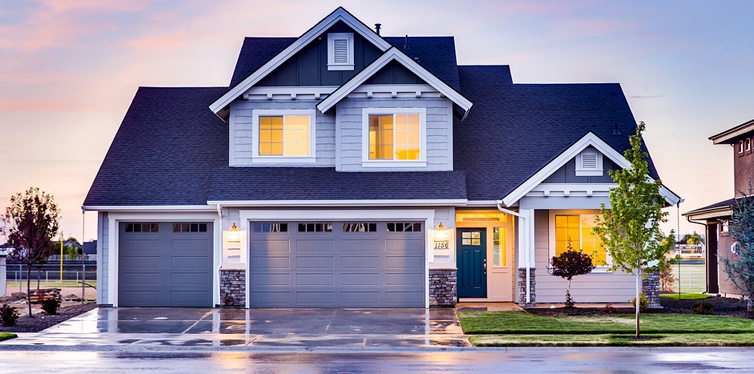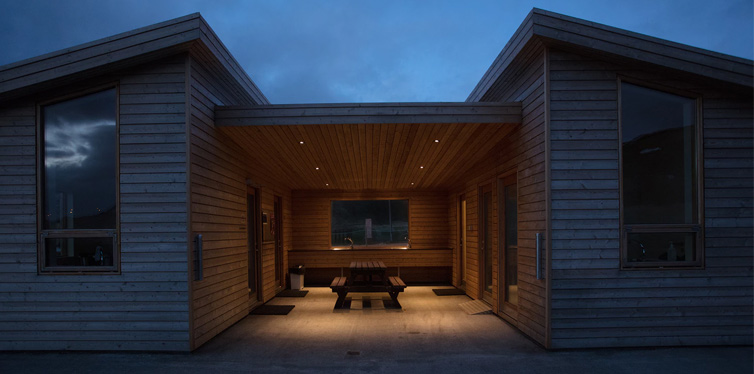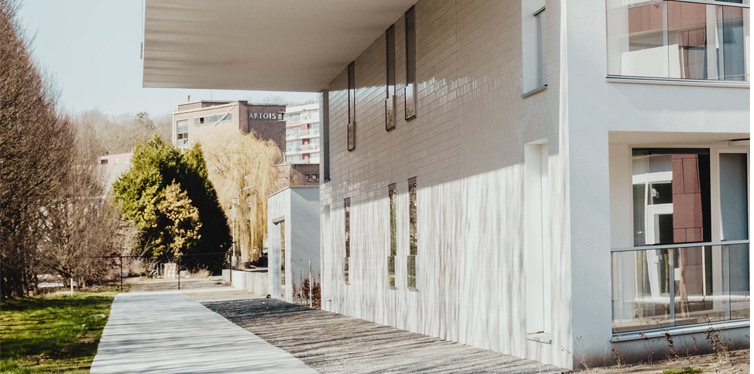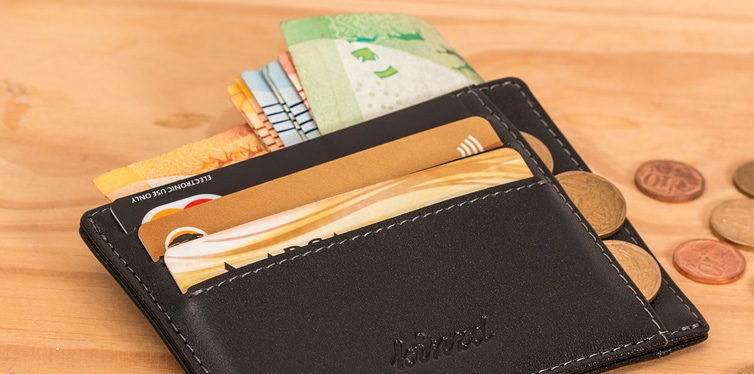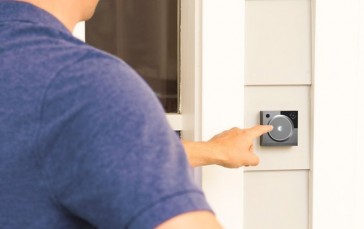What To Consider Purchasing Your First Home
For the vast majority of us, the decision to purchase a home is enormous, up there with getting married. It’s no wonder that on many lists of the biggest stressors in life buying a house is right up at top. Yet, there is an unmistakable draw towards owning your own home and being able to shut the front door on a house that is all yours. Since you are about to embark on a financial commitment that could last longer than a marriage, it pays to think long and hard and just as with any other major purchase, keep your head, prepare well and take advice. Here’s ours.
1. Check Your Readiness
Often people make a decision to buy a house due to social pressure or because they just want to follow the trend. Some even jump on the decision when they learn a house is being sold at a comparatively cheap rate. Yet others are tempted by the promise of lower mortgage rates. But these are not really sufficient reasons to decide to buy a new house.
You should opt for buying a house only when you are financially and mentally ready to live in a home. Going through a house purchase is not fun and often you will be paying the mortgage over several years so first critically evaluate your circumstances. Once you are ready to settle for at least next five years, the minimum duration to allow you any return on selling, then take the decision. Owning and maintaining a house is a long term responsibility and you must be ready for the commitment it demands.
2. Evaluate Your Requirements
When you plan to buy a home, first of all, evaluate your needs and make a list of features that your new house must have. Prioritizing the features on a list will assist you with making a better decision.
3. Pay Attention To The Details
When you first view a property it is natural to miss seeing the smaller details. If you are interested in a house, several visits are essential. Each time you visit you’ll notice more detail and this will inform your purchasing decision. The aesthetics of a place can always be fixed to your liking if you buy, but structural defects, poor layouts, and any general renovations are more costly to fix after you have moved in.
4. Take Professional Advice
When you buy directly from the seller it saves a good chunk of money that is charged by real estate agents in the name of the commission. However, hiring a professional as a go-between can save you from cons played by some sellers and you have the added security of knowing all your documents are appropriate and legal. Additionally, your real estate agent will be there to guide you through the entire process and will be able to advise you on all the pros and cons of the place to help you make an informed decision.
5. Prepare Yourself Financially
House payments are a long term commitment you have to prepare yourself for financially. You must have a good credit score to secure a mortgage and a steady income source for keeping up with the payments. These are some steps to check if you are financially qualified for buying a house:
Check your credit score and review your report so that you have a better idea of your chances of getting a mortgage. Your credit score is the main assessment tool used by the lenders when evaluating your mortgage application. You can improve your scores with timely repayment of your credit cards bill and low credit card balances. It’s important to remember not to ever apply for a new credit card before or shortly after you apply for a house mortgage.
Check the availability of cash for an immediate investment in the house. You will have to provide a down payment as soon as you say you intend to purchase and many lenders will not credit you the balance without you offering a substantial deposit. Some people make the mistake of investing the amount saved for the down payment in the stock market or other temporary investment options so that they can earn extra bucks but this is not recommended at all. There are risk factors involve and you might not have ready cash in hand when you want to secure a house.
Complete all your legal documents along with an updated credit report so that you can apply for a loan instantly. Evaluate all your documents carefully and eliminate all plausible errors so that your process becomes swift and smooth.
6. Expected Expenses
Evaluate the property in detail so that you have an idea about how much if any, renovation is needed and whether it needs to be done before you move in or if it can be done around you once you are there. Moving in anywhere takes a chunk of money and you may need furniture, carpets, and curtains. All additional expenses you must plan for if you want to adapt your new place to your requirements. There are expenses involved in physically moving in. Either opt for a house that requires minimum renovation and avoid the expense or renovation altogether or prioritize each job and accept living on a budget for a time.
Essential Queries From Sellers
There are some questions it is sensible to ask your vendor before finalizing any deal:
- What are the ongoing and future developmental plans in the neighborhood including the construction plans associated with the main road and bridges around?
- What is the anticipated future trend in the price of the property?
- What kind of communities is living in the neighborhood?
- Are there any specific rules and regulations of the neighborhood like no pets allowed, no individual CCTV cameras, etc.?
Conclusion
Buying a home may be stressful but there’s always the satisfaction of being king of your own castle to push you through it. If you use your head and not your heart when deciding which house to buy, your purchase could turn out to be the most lucrative investment you are ever likely to make. So, start early by improving your credit score and saving like mad for your deposit and when the time comes take professional advice. The decision you make to buy your new home will undoubtedly affect your whole life for years to come.


